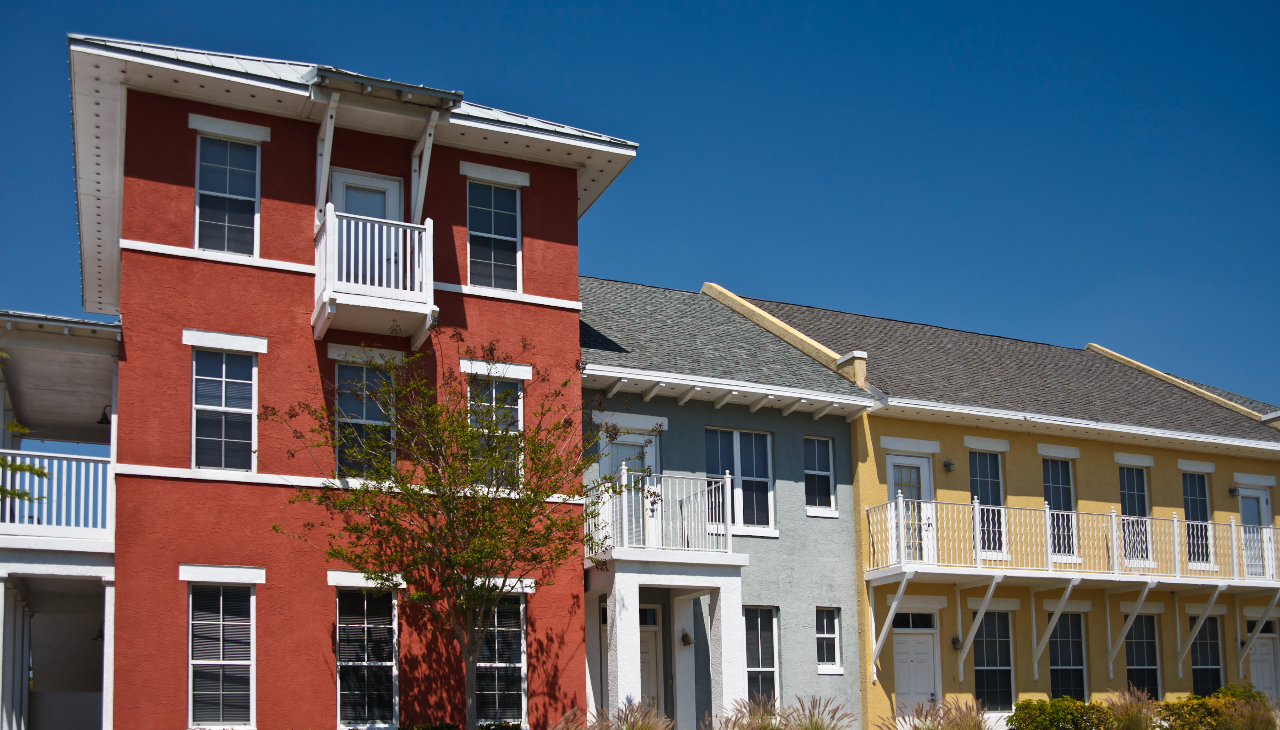
JPMorgan Chase shows further commitment to closing the U.S. housing affordability gap
Today, JPMorgan Chase announced its two new philanthropic and expanded business commitments as part of its firmwide approach to address the housing affordability gap in Washington D.C., and across the United States.
As part of the commitment, $7.65 million will be used to support three D.C.-based nonprofits working to improve housing affordability and stability for underserved households, including Black, Latino, and Hispanic households.
The Washington D.C. region’s housing crisis is paramount, as according to the Metropolitan Washington Council of Governments, the region needs about 320,000 additional units of housing by 2030 to accommodate the burgeoning demand.
The three nonprofits and subsequent funding distribution are as follows:
- $4.45 million to Coalition for Non-Profit Housing and Economic Development (CNHED): The organization will lead a collaborative that includes National Housing Trust, Medici Road, Housing Counseling Services, LISC DC, Mi Casa, and Douglas Community Land Trust, which aims to increase and preserve the supply of affordable, small buildings and supporting residents becoming small building owners to build wealth.
- $3 million to National Housing Trust (NHT): The organization will use the funding to promote decarbonization efforts in affording housing by providing technical assistance to owners to retrofit buildings to improve resident health outcomes, and to engage community members, decisionmakers and lenders to make public resources more accessible and aligned to enhance affordable housing.
- $250,000 to Manna: The organization will use this funding to help address barriers in supply by advocating for dedicated resources to create and renovate units.
“Affordable, sustainable homeownership is essential to building strong communities and intergenerational wealth. Businesses, community leaders and policymakers must work together to address housing stability and affordability to fundamentally change the housing market,” said Mark O’Donovan, CEO of Chase Home Lending, in a press release.
“We hope these new commitments will provide meaningful impact for people who need it most in the Washington D.C. region, and we’ll continue to partner with the public sector to ensure that’s the case,” he added.
Making Impact Beyond Nation’s Capital
The housing crisis is a national one exacerbated by a shortage of affordable homes for purchase, coupled with high-interest rates and increased home prices.
CONTENIDO RELACIONADO
In addition to the millions of dollars in funding to Washington D.C., JPMorgan Chase is also expanding its $5,000 homebuying grant to include 16 additional markets.
Two years since the firm launched its $400 million five-year commitment to improve housing affordability and stability for underserved households, JPMorgan Chase has deployed more than $224 million in low-cost loans, equity investments and grants to 153 organizations across the U.S. to help close the housing affordability gap.
The work has helped preserve or create more than 12,500 housing units, serve more than 46,000 households, and leverage an additional $680 million in capital.
The latest round of funding is yet another layer of the firm’s commitment.
“Today’s commitment is part of our holistic, firmwide approach to combatting the housing crisis,” said Tim Berry, Global Head of Corporate Responsibility, JPMorgan Chase. “We are combining our unique resources including business, philanthropy, research and policy expertise to help increase access to capital and inventory of sustainable housing opportunities.
In other words, the goal is to create tangible solutions that help everyday Americans.
To this end, JPMorgan Chase has also utilized its commitment to offer greater access to affordable home loans, low-cost checking accounts, and financial health education workshops.



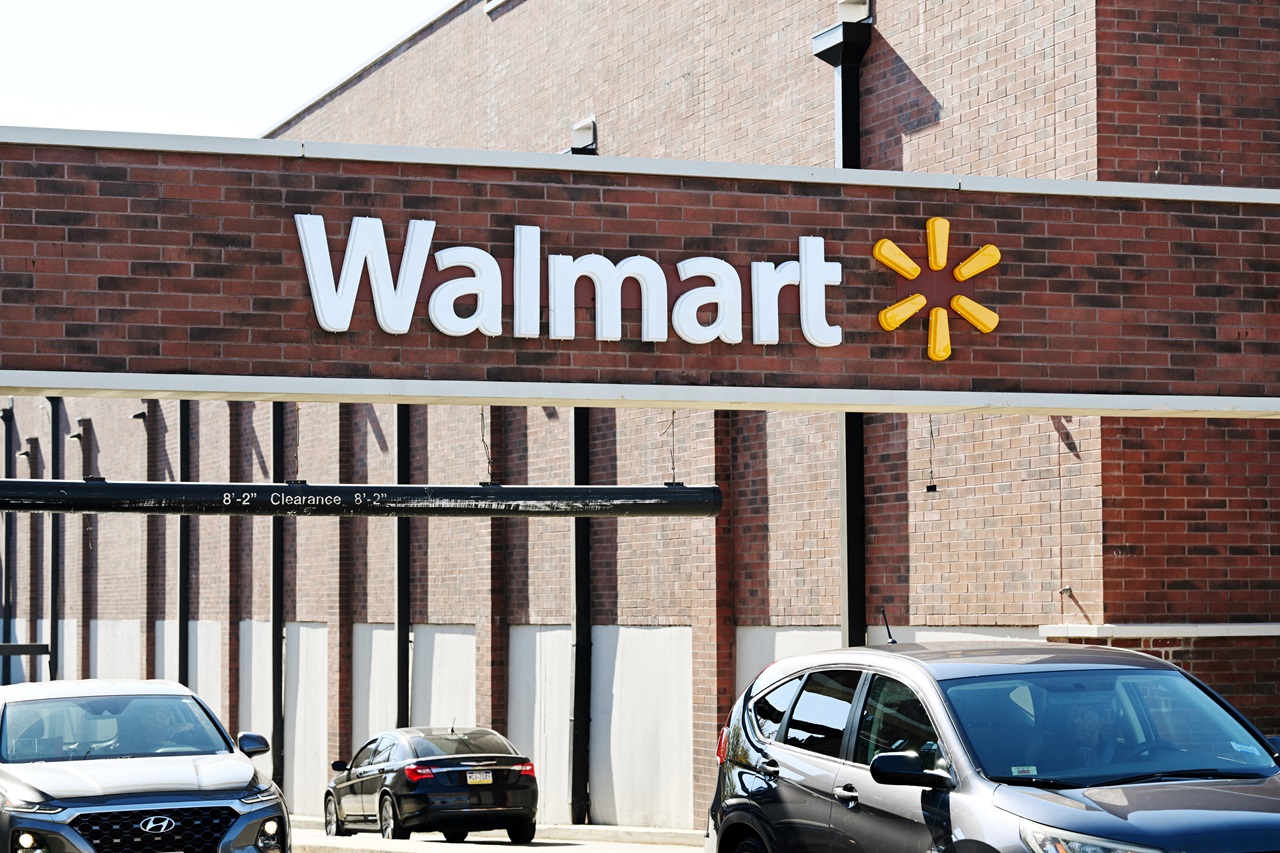

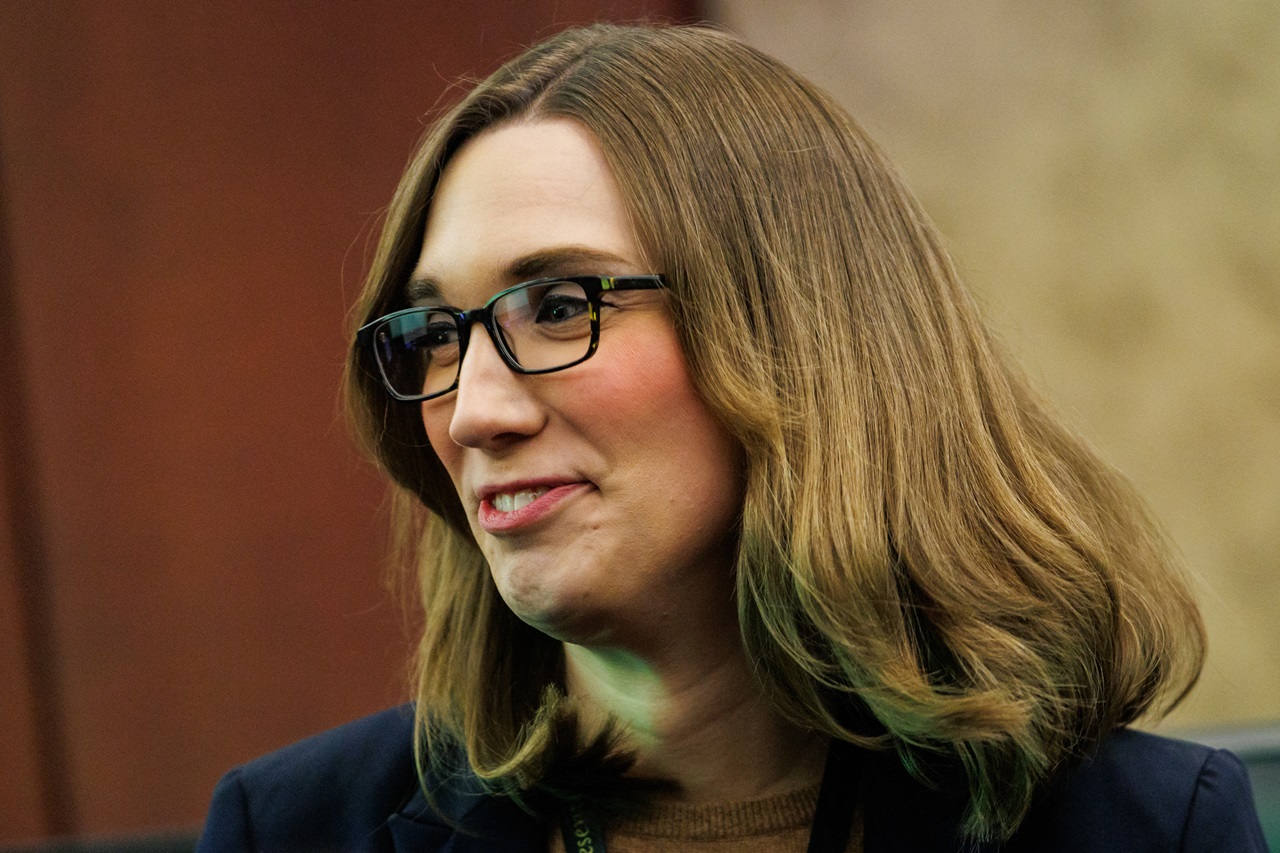


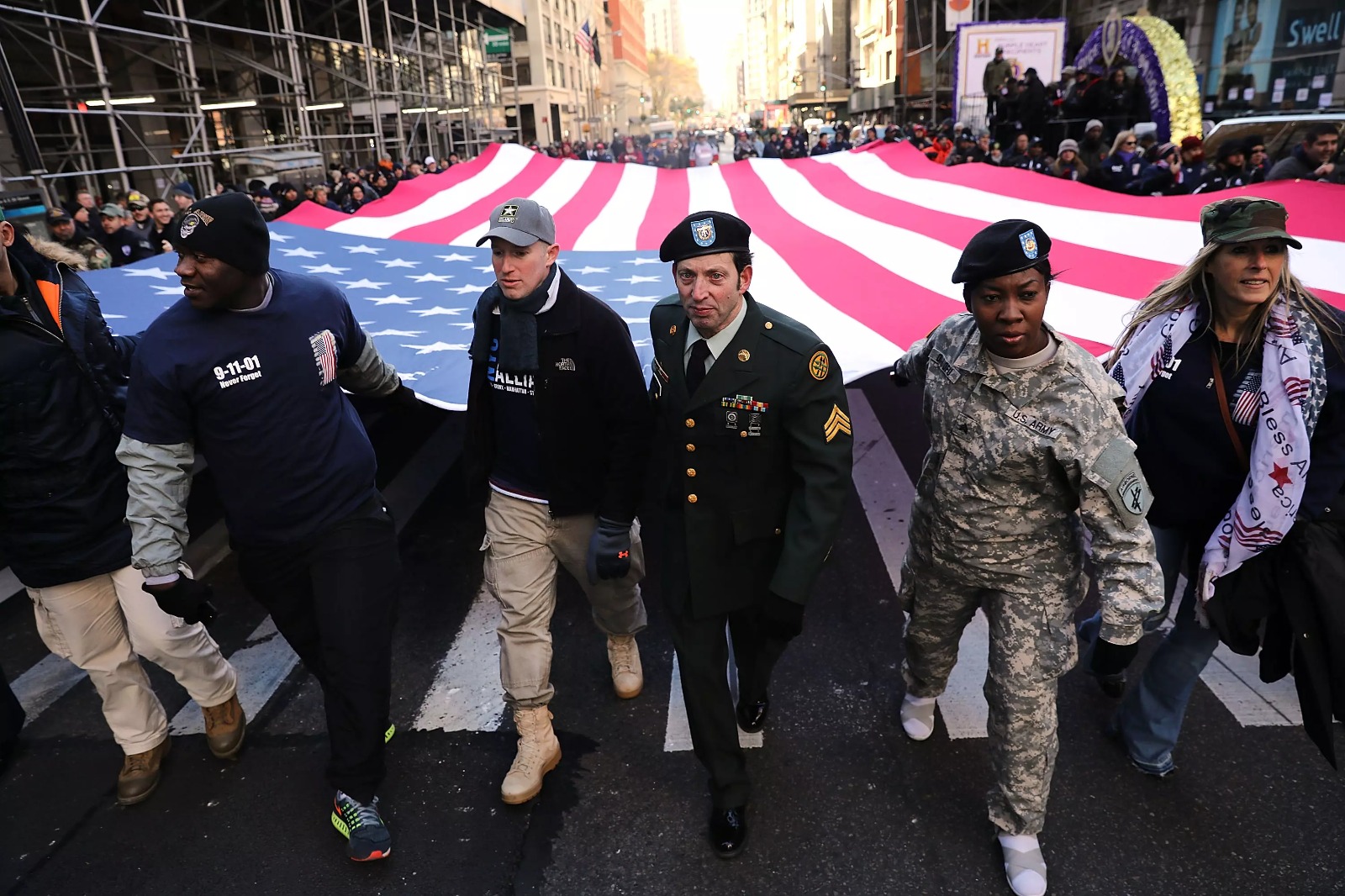
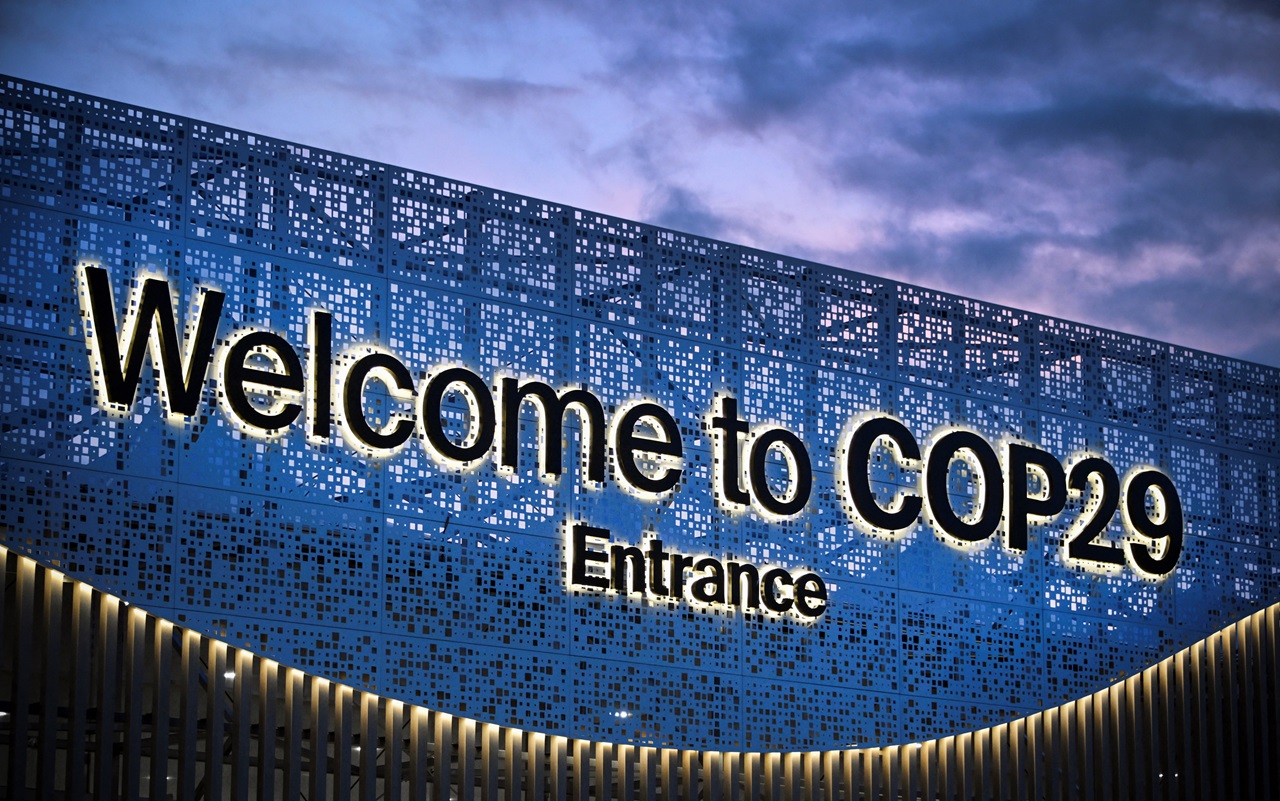
DEJE UN COMENTARIO:
¡Únete a la discusión! Deja un comentario.